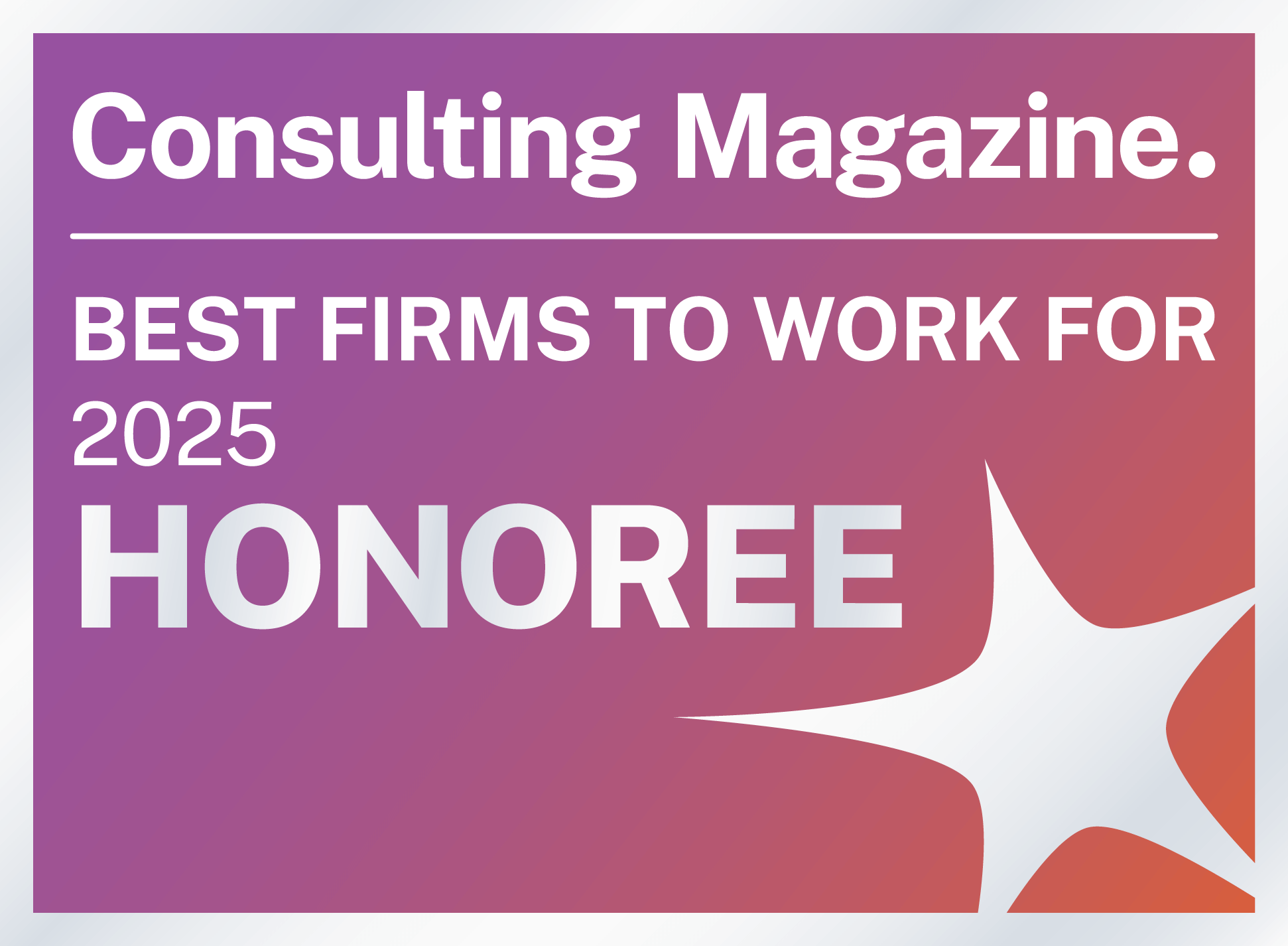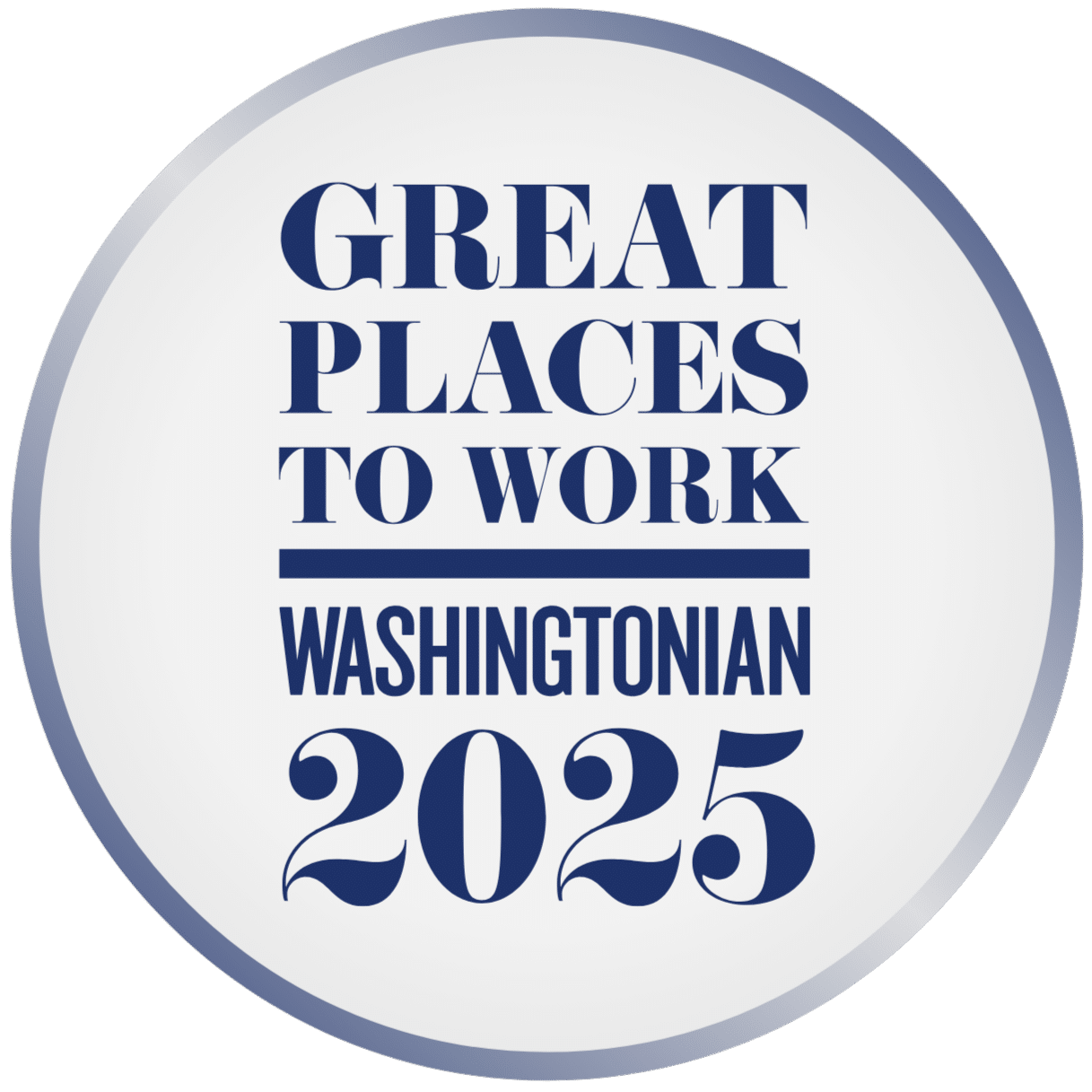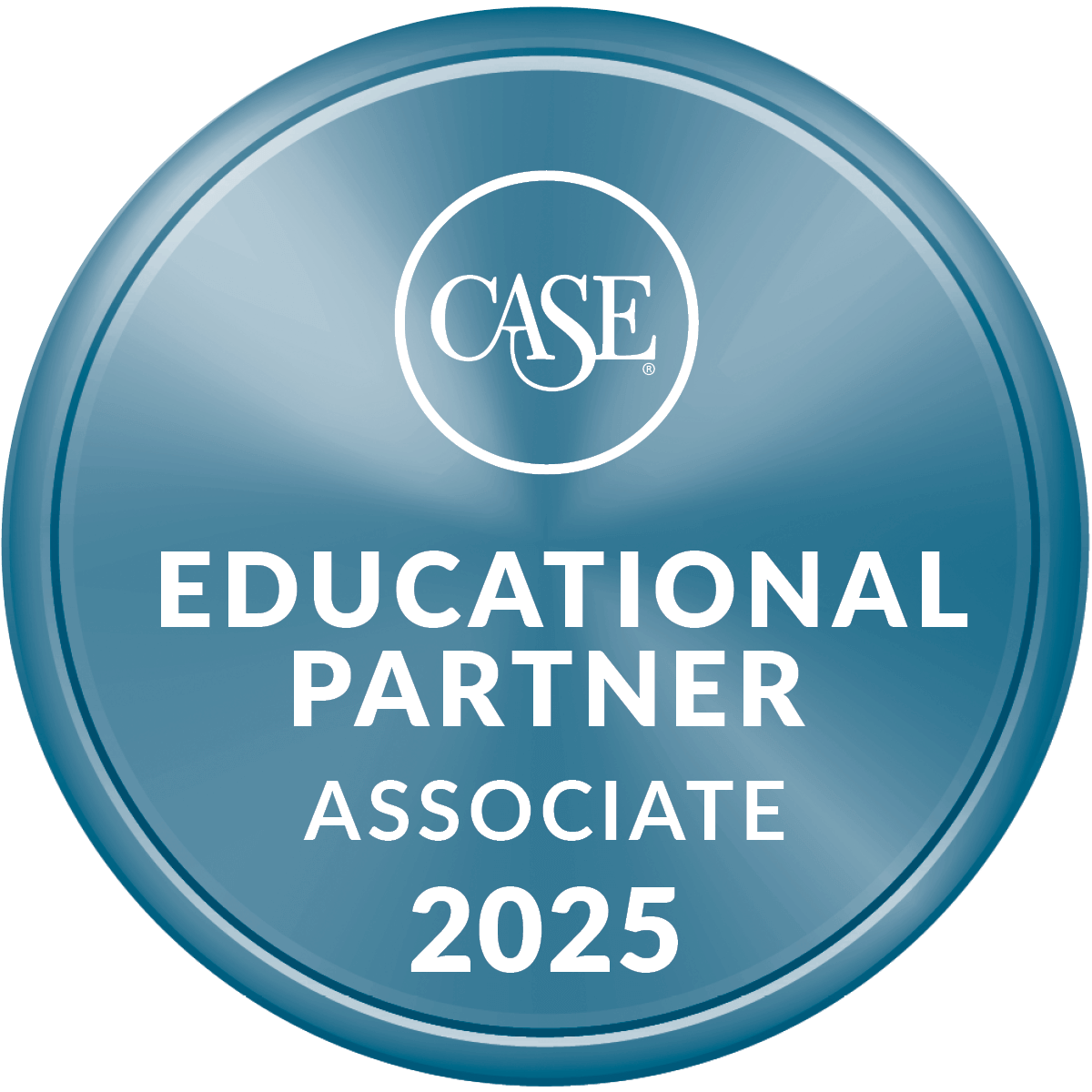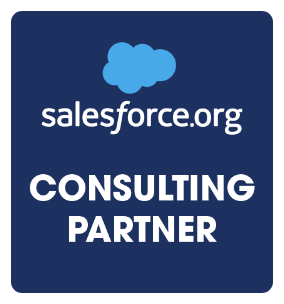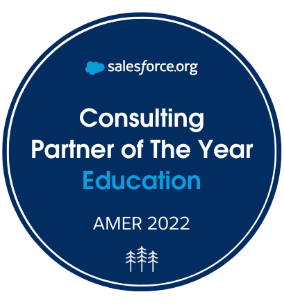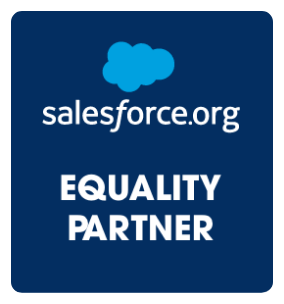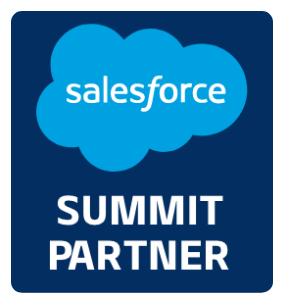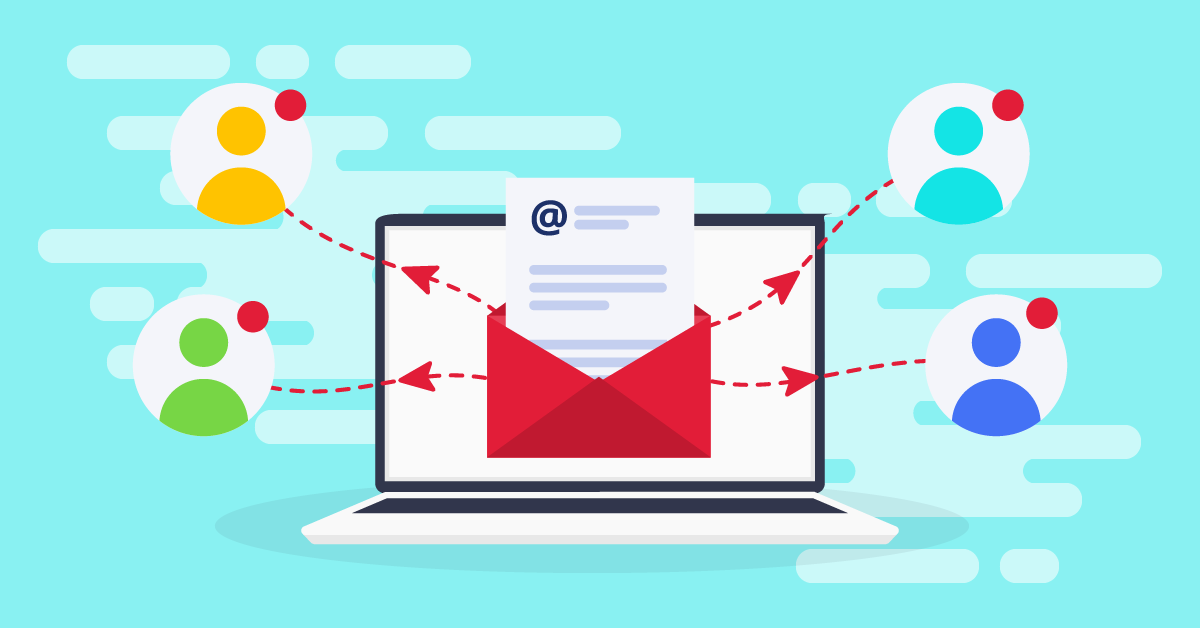
Chris Campbell, Attain Partners’ Advancement Advisory Lead, shares key insights on Salesforce Marketing Cloud
Of the many digital transformation projects Advancement shops are currently undertaking or considering is implementing a marketing automation platform like Salesforce Marketing Cloud. Some institutions have chosen to include Marketing Cloud as part of a broader, comprehensive project typically including a Salesforce-based Advancement CRM solution. Another approach is to implement a solution like Marketing Cloud as a standalone project.
Given the complexity and incredible capabilities of a modern marketing automation platform, implementing one outside of the bounds of a larger project is a worthwhile approach to consider. As someone who co-sponsored one such project at a large advancement shop, here are lessons learned from my experience.
Advice to Advancement shops considering Marketing Cloud
Deeply understand the why and what of your project.
Marketing Cloud isn’t just an email solution, so if marketing automation is new to your organization, spending time learning about the solution, understanding your strategy, and identifying possible future use cases are important activities to undertake. As with any project or initiative, knowing your “why” is the first step to success.
Selecting an implementation partner is strongly recommended.
This is especially important if your organization is new to the Salesforce ecosystem and/or a comprehensive platform like Marketing Cloud. If a future, larger implementation like a CRM is on the horizon, selecting an implementation partner that could also lead that project is worth strong consideration.
As an added bonus, an implementation partner with broad experience can ensure any decisions made in your Marketing Cloud implementation aren’t detrimental to a future Salesforce CRM project. Lastly, a smaller (than a CRM implementation!) project is a great opportunity to vet a future partner and ensure alignment between your organizations.
Relevant industry expertise should be a priority.
There are plenty of boutique firms that can implement Marketing Cloud. But a partner that deeply understands an industry like Advancement should be an important consideration. Ensuring your team does not have to spend time and energy translating your industry-specific jargon or objectives (e.g., LYBUNT, SYBUNT, alumni engagement metrics) can greatly increase the efficiency of your project—and your team members’ sanity!
If a marketing automation platform implementation is a precursor to a larger project, it can be a terrific opportunity to grow your internal project delivery capabilities.
Developing or enhancing your organization’s project management, communication, and change management skills on a smaller project will prepare your shop for additional technology projects and can help you “work out the kinks” before launching a larger initiative like a CRM implementation.
Ensure a relevant and committed business partner has ownership of the project and its outcomes.
Annual Giving, Alumni Engagement, or Marketing & Communications are great potential business-side leads for the implementation of a marketing automation platform. Of course, the project should have strong representation from your internal technical teams, but your internal IT/support team should not be leading the project (they should co-lead at best). If ROI is an important outcome (it should be!), having a business unit (like Annual Giving) lead or co-lead the project can result in measurable outcomes that can showcase ROI.
Leverage the Salesforce ecosystem to enhance project familiarity and learning.
If implementing a Salesforce-based Advancement CRM is a future possibility AND Salesforce Marketing Cloud is your chosen marketing automation platform, then a standalone SFMC project can be a great opportunity for your organization to familiarize itself with the Salesforce ecosystem. Not the least of which is Trailhead, which is Salesforce’s free online learning platform. It is a comprehensive resource for all things Salesforce, including Marketing Cloud.
Whatever approach you take to implementing a marketing automation platform, these lessons should all be worth considering. Attain Partners works with universities on Advancement projects, big and small. Our experts have decades of industry experience and know higher education Advancement. Considering the best marketing automation tool for your Advancement shop and want to talk it through with an expert? Reach out to me to schedule time.

Connect with Us at aasp Summit 2024
Speak with our experts directly—visit us at Booth #305 during aasp Summit 2024 to learn how Attain Partners can help your organization streamline operations and move its Advancement mission forward.
Not attending? Contact us today to speak with one of our experts directly.
Attain Partners – Your Partners in Change
From developing strategic roadmaps for change to harnessing the power of your data to inform strategic decision-making, we can help provide the connection between you and the people you care about. Whether it’s a new implementation, review of an existing configuration, or enhancements to your current state—Attain Partners is here to guide you and your team throughout each step in its Advancement transformation journey.
About the Author

Chris Campbell has been in Advancement for nearly two decades. He started with the Oklahoma State University Foundation in December 2004 and served in several capacities during his tenure including helping secure private funds for the football stadium’s $300 million Next Level Campaign, overseeing the Prospect Development Team during OSU’s comprehensive campaign, Branding Success which exceeded its $1 billion campaign goal eighteen months ahead of schedule, serving as the Senior Associate Vice President for the Information Strategy Business Unit, and leading the successful implementation of a Salesforce-based advancement CRM solution. Prior to Attain Partners, Chris served as Digital Consulting Director with Huron Consulting Group, where he partnered with clients in the Higher Ed Advancement space through transformational technology leadership. Chris graduated Magna Cum Laude in 2002 from the Spears School of Business at Oklahoma State University, majoring in Management Information Systems with a minor in Marketing.






